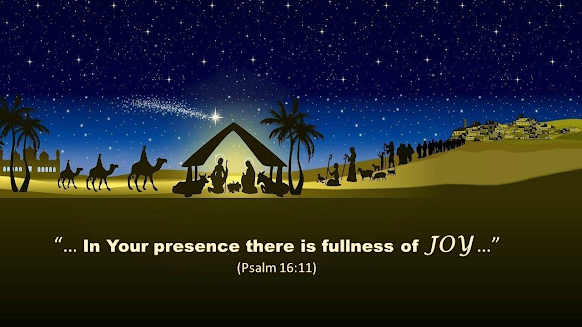Psalm 16

David's prayer in verse 1 is for God to preserve or protect him as he takes refuge in the LORD. In the rest of the psalm, David says that he has "no good apart from [God];" and that he delights in the saints, but has no association with the idolaters. He blesses the LORD for his inheritance, the LORD's counsel even in the night seasons, and his stability. In the closing, David rejoices in his eternal future. In Acts 2:25-28, the Apostle Peter quotes Psalm 16:8-10 in reference to the resurrection of Christ. Following are some reflections that may be beneficial to consider when meditating on this psalm: Verse 1-2 Take some time to praise God for His preservation and goodness in our lives. Verses 3-4 In what ways do I delight in the fellowship of the saints? How do I protect myself from being influenced by those who run after other gods? Verses 5-6 What is my "inheritance" in the LORD? Verse 7 How has the "counsel" of the LORD bl...














